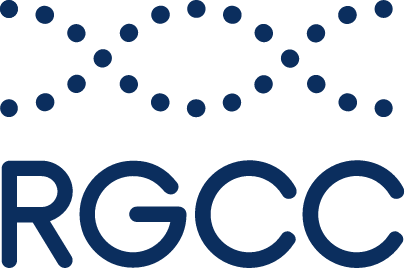Cancer gene testing could save millions of lives worldwide

Population-based screening for the BRCA genes that cause ovarian and breast cancer could save millions of lives a year, scientists have found.
A new study, published in the journal Cancer, found that population-based genetic testing for BRCA 1 and BRCA 2 genes – where every woman over 30, regardless of risk-factor is screened – was more cost-effective at identifying cancer than risk-based approaches followed in the UK and USA.
The researchers estimate that a population-based BRCA screening programme in women over 30 could prevent an additional 2,319-2,666 breast cancer and 327-449 ovarian cancer cases per million women than the current clinical strategy. “General population BRCA testing can bring about a new paradigm for improving global cancer prevention”, said lead researcher Ranjit Manchanda.
Current medical guidelines recommend that only those patients with a family history of cancer are screened for the cancer-causing genes BRCA1 and BRCA2. These gene mutations cause around 10-20% of ovarian and 6% of breast cancers.
Adopting a risk-based approach is cheaper for healthcare systems, but it means that many women with genetic mutations that could cause cancer are missed – and the numbers are significant. Previous research has found that up to 50% of mutation carriers can be missed by adopting such an approach. A late cancer diagnosis can lead to potentially worse health outcomes of patients – and much higher total costs for health systems.
In the paper, the authors provide estimates for the impact of their research across the world. Across a lifetime, the researchers forecast that population-based testing could to prevent an additional 57,700 breast cancer and 9,700 ovarian cancer cases in the UK; 269,000 breast cancer and 43,800 ovarian cancer cases in the USA; and 1,050,300 breast cancer and 154,700 ovarian cancer cases in China.
Speaking about the findings, Dr Rosa Legood, Associate Professor at the London School of Hygiene & Tropical Medicine said: “Our analysis shows that testing all women for BRCA mutations is a more cost-effective strategy which can prevent these cancers in high-risk women and save lives. This approach has important implications given the effective options that are available for breast and ovarian cancer risk management and prevention for women at increased risk.”
Personalised genetic testing for cancer is becoming cheaper and more accessible, something that Athena Lamnisos, CEO, Eve Appeal welcomes. “The evidence emerging from this study is an exciting step forward: we can stop cancer before it has a chance to start through broadening a simple genetic test to a wider population.”
The research provides compelling evidence for policymakers about the economic impact of population-based genetic testing, and the authors hope it will stimulate a discussion and potentially influence policy. However, change is likely to be slow; and until that point, many potentially at-risk patients run the risk of genetic mutations being missed.
RGCC currently offers a range of personalised tests to help clinicians diagnose cancer and develop the most effective combinations of treatments for the disease. The Array comparative genomic hybridisation (aCGH) RGCC test can identify chromosomal abnormalities that can lead to cancer. For patients with a diagnosis of cancer, the RGCC ChemoSNiP test uses a patients’ DNA to identify variants that could affect their response to cancer treatments.
The full range of RGCC tests is available to view here. If you are interested in our tests, please view our RGCC Patient Leaflet where you will find essential information on how you can access them.
You can read the full paper, Economic Evaluation of Population-based BRCA1/BRCA2 Mutation Testing across multiple countries and Health systems, here.

